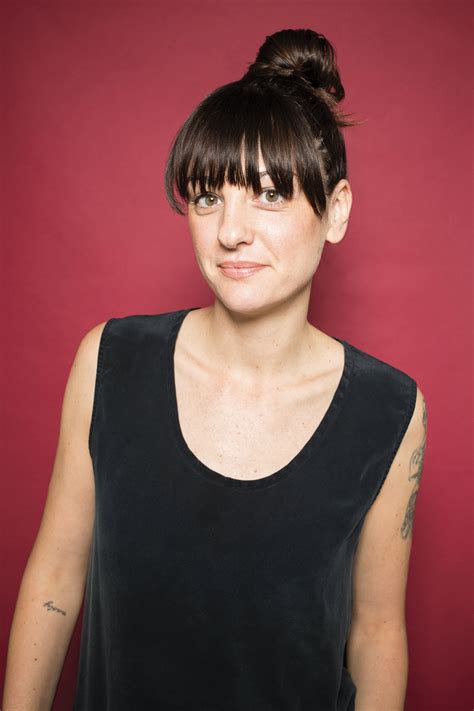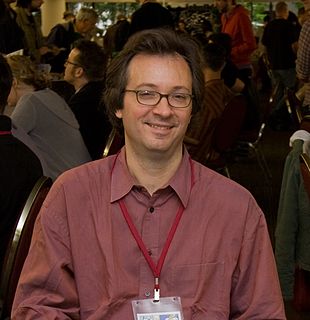A Quote by Lake Bell
I learned how to direct by being in the trenches of movies. Getting to be a student from the inside looking out, and if you're a respectful observer you can sponge lots of information. That was my film school.
Related Quotes
My filmmaking education consisted of finding out what filmmakers I liked were watching, then seeing those films. I learned the technical stuff from books and magazines, and with the new technology you can watch entire movies accompanied by audio commentary from the director. You can learn more from John Sturges' audio track on the 'Bad Day at Black Rock' laserdisc than you can in 20 years of film school. Film school is a complete con, because the information is there if you want it.
My filmmaking style of remixing came out of necessity. When I was a film theory student at UC Berkeley in the early 1990s, there were no film production facilities. The only way I learned to tell stories on film was by re-cutting and splicing together celluloid of old movies, early animated films, home films, sound slug - anything I could get my hands on.
I went to NYU for acting, for six years. I thought acting was the easy way out or in because I didn't put in enough effort in school, being a crazy kid in college. But, I was good at it, so that was the other side of it. I would love to direct. What I've learned from being on set is more how to deal with actors than even the visual part of it all.
Laney held up a hand. "I checked it out. He went there on scholarship and paid the rest with student loans. And he's good looking, too. Nate and I met him for dinner last night, and I subtly learned that he's looking to meet someone" "How did you learn that?" "I asked him if he was looking to meet someone" "that is subtle
I grew up looking at... going to the movies a lot, as much as they'd let you. I grew up in Manchester in the north of England in the '40s and '50s. I saw a lot of movies. They were all Hollywood and British movies. I didn't see a film that wasn't in English until I was 17 when I went to London to be a student.




































